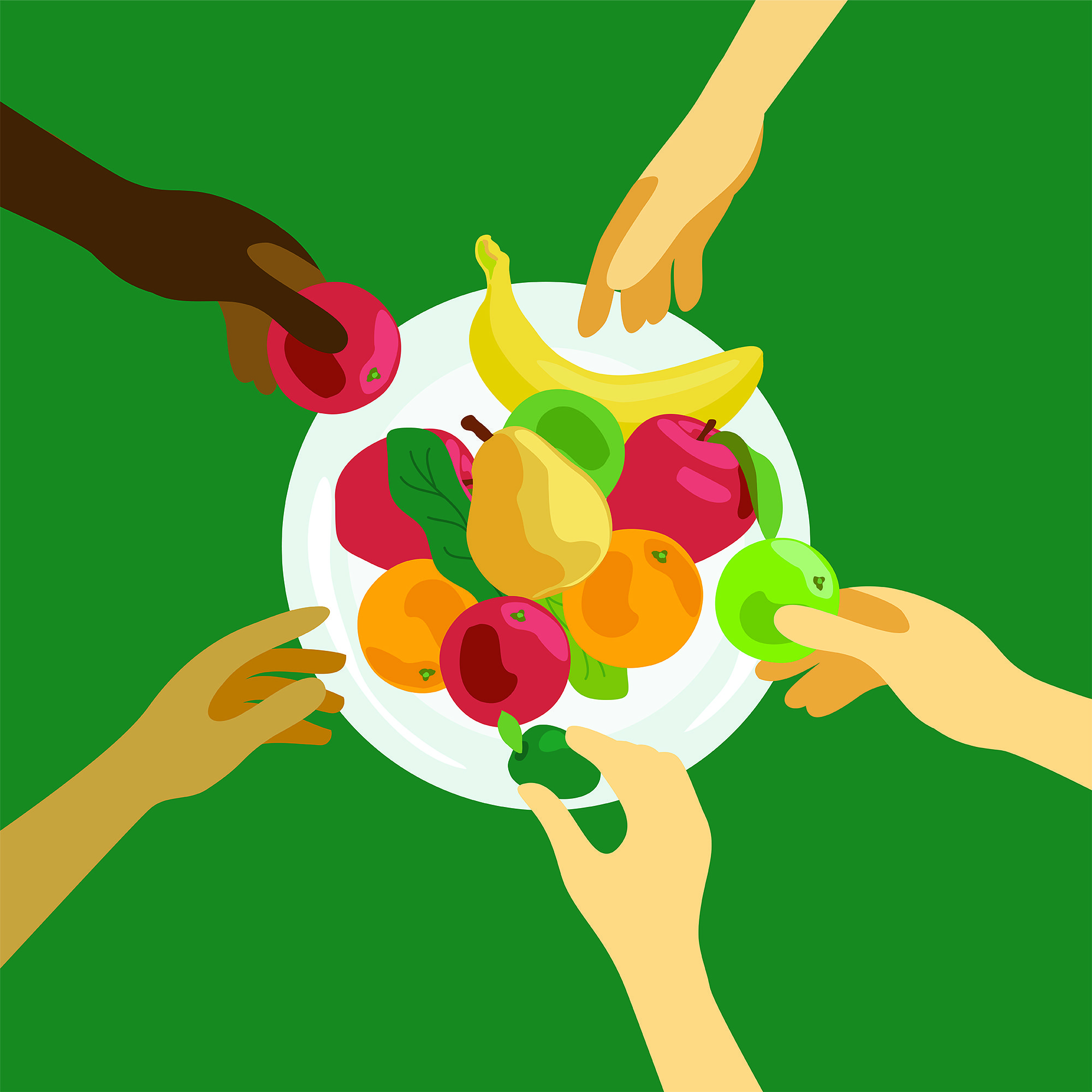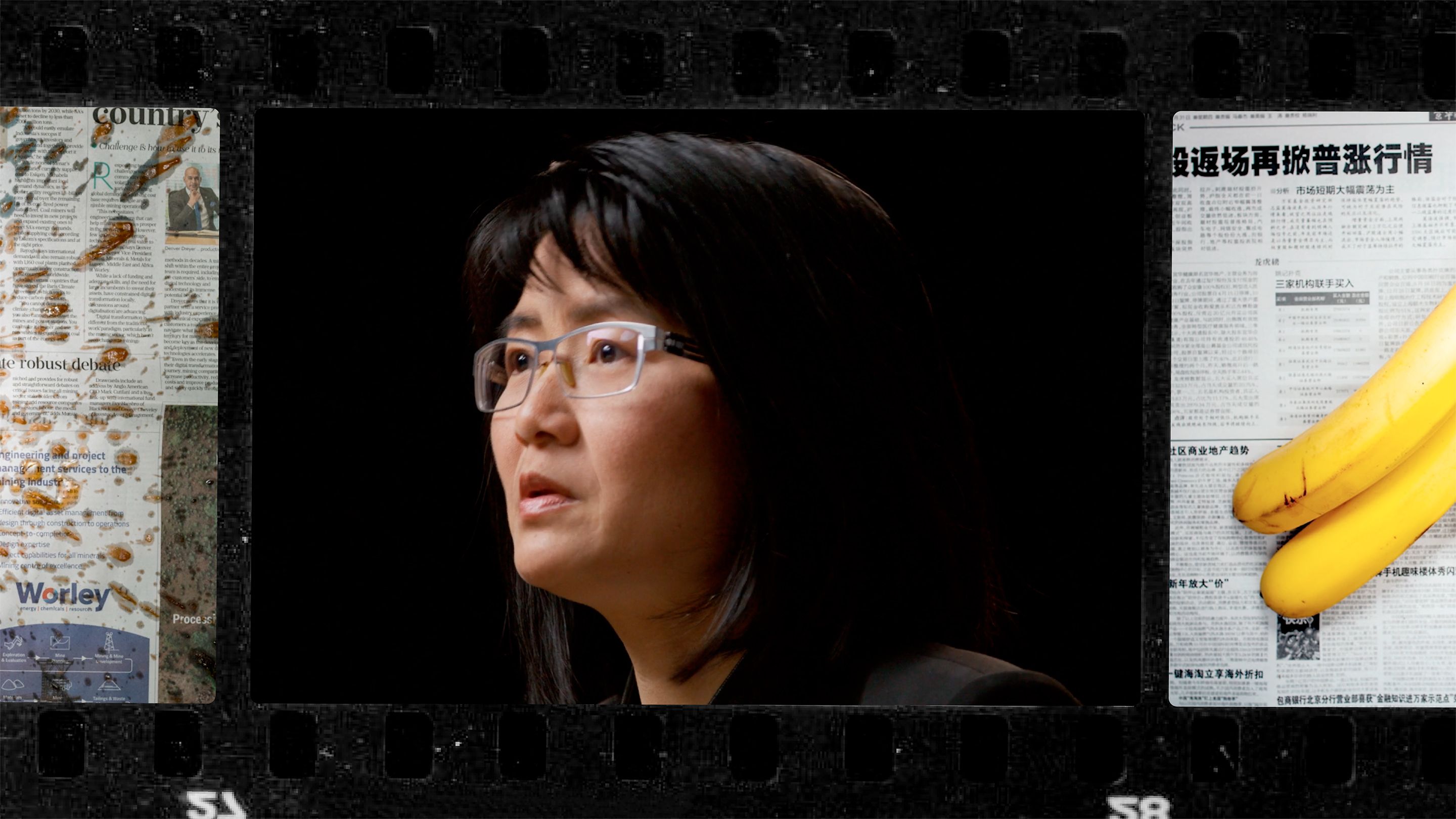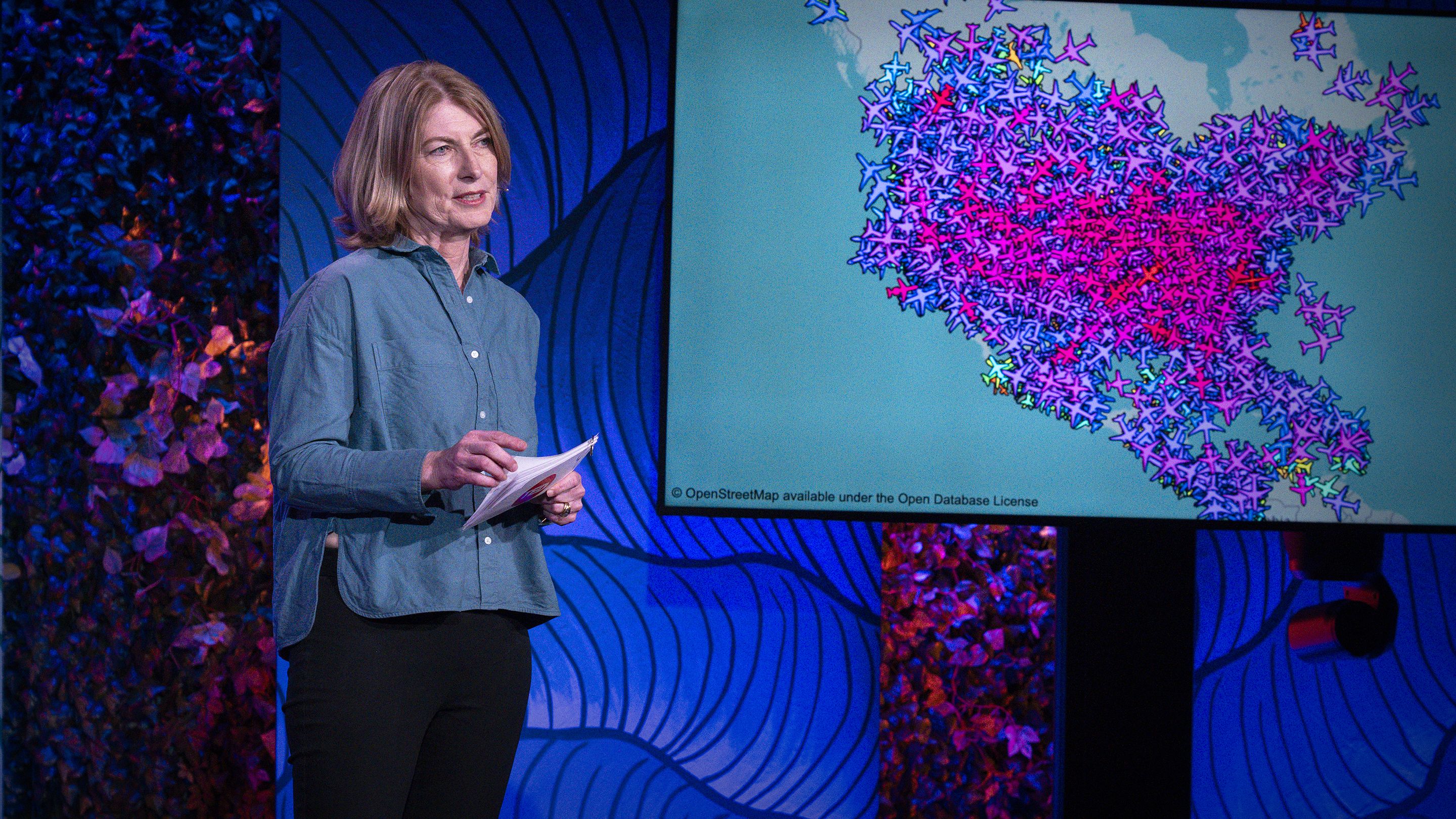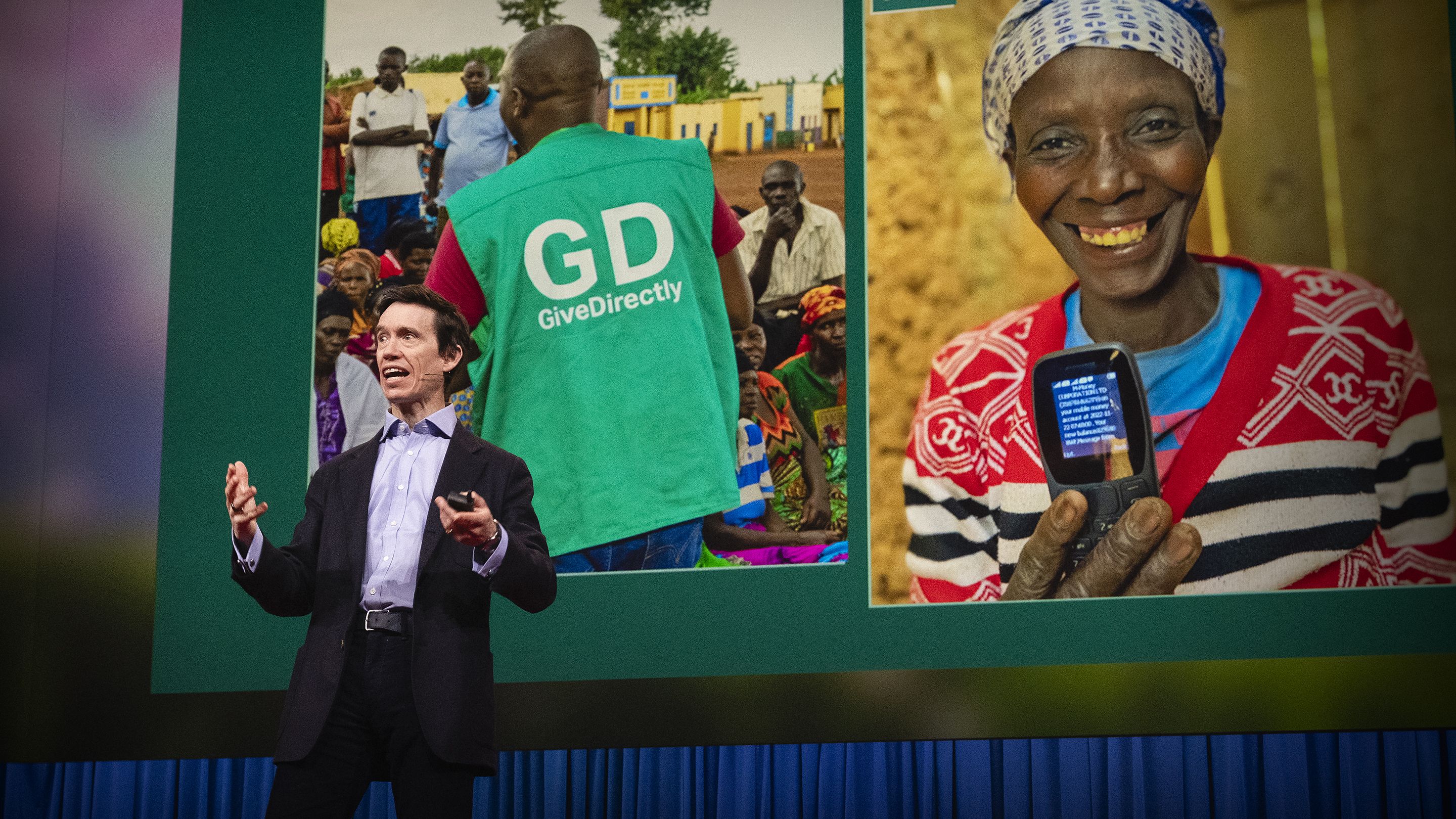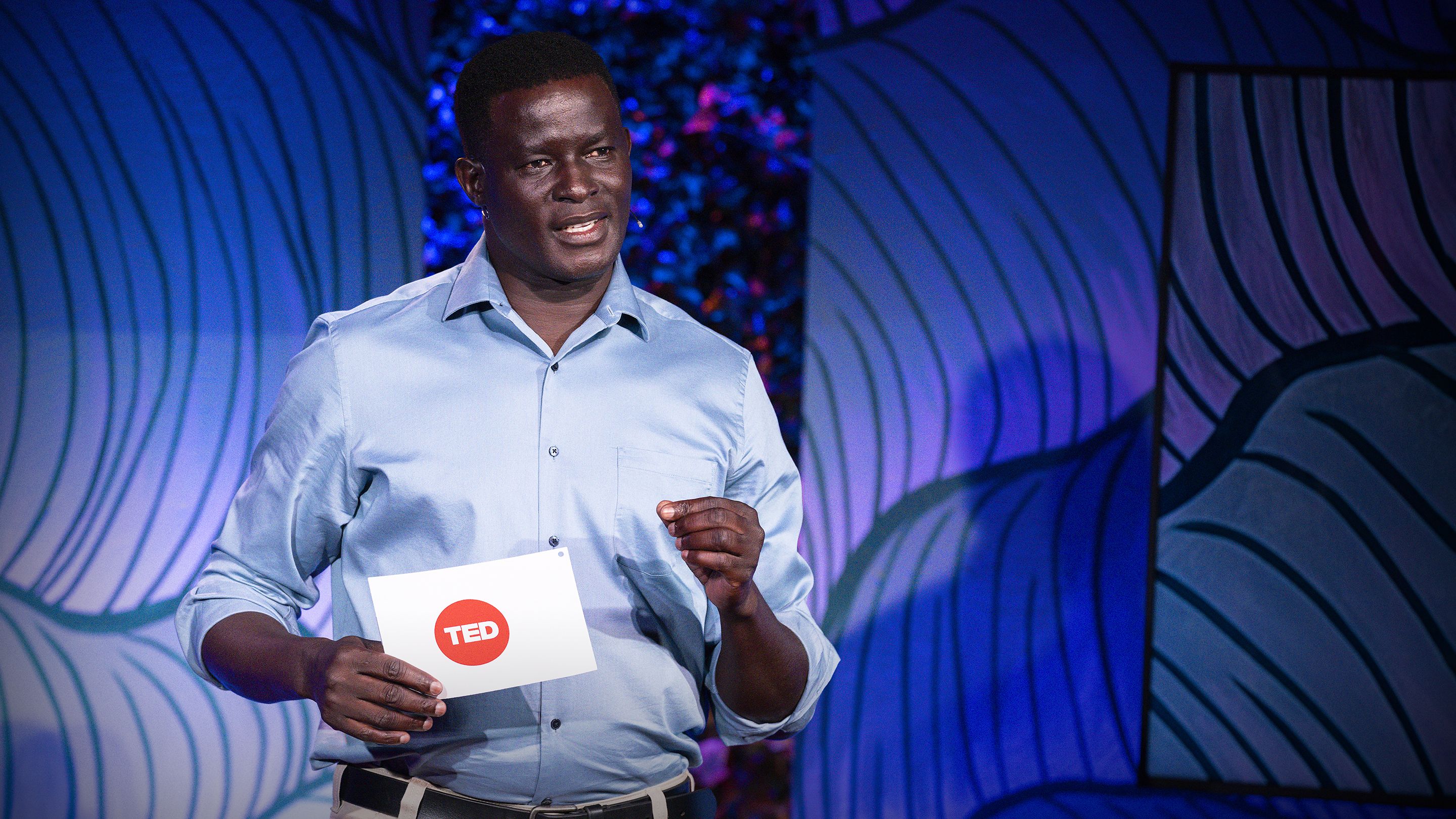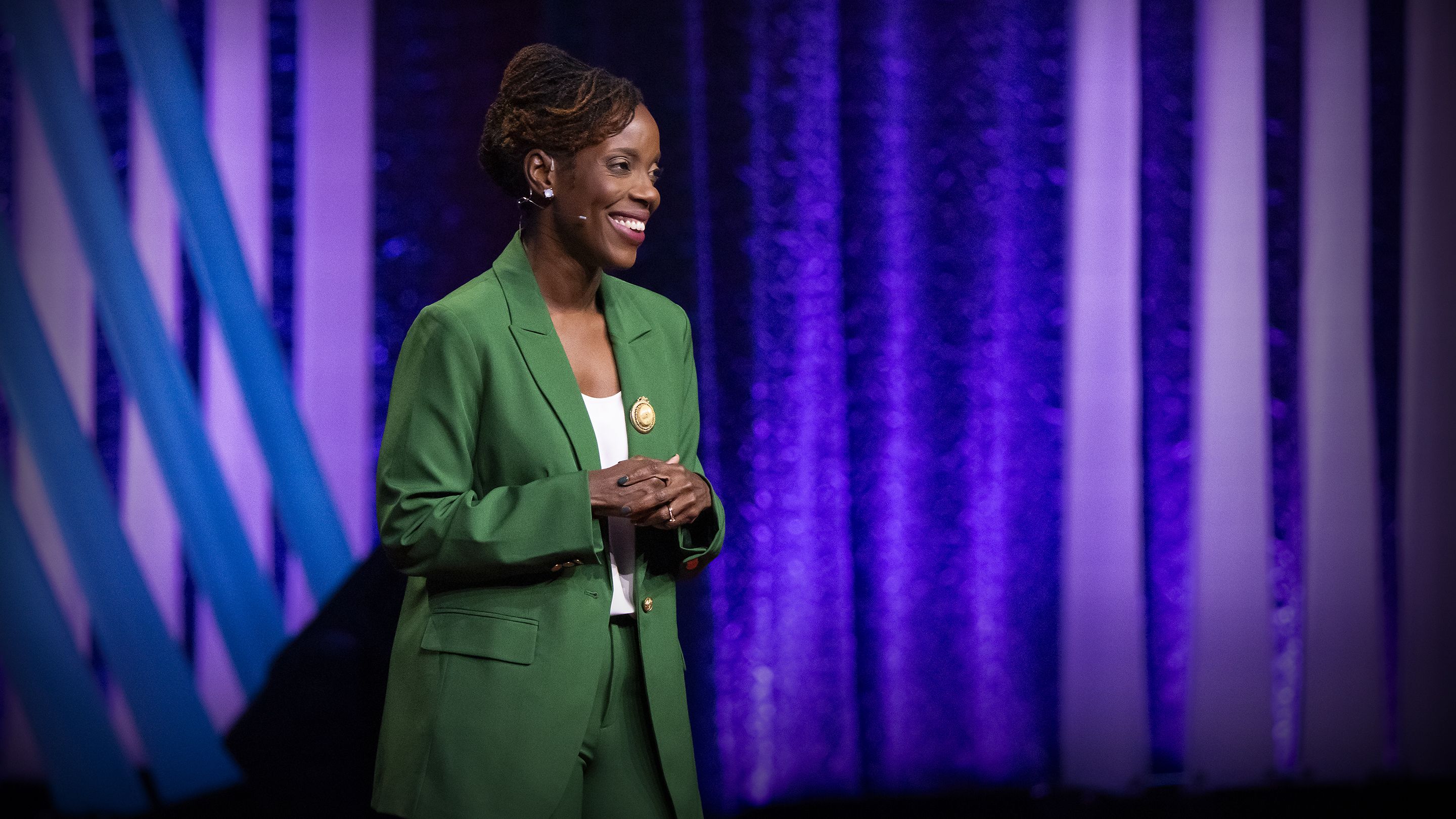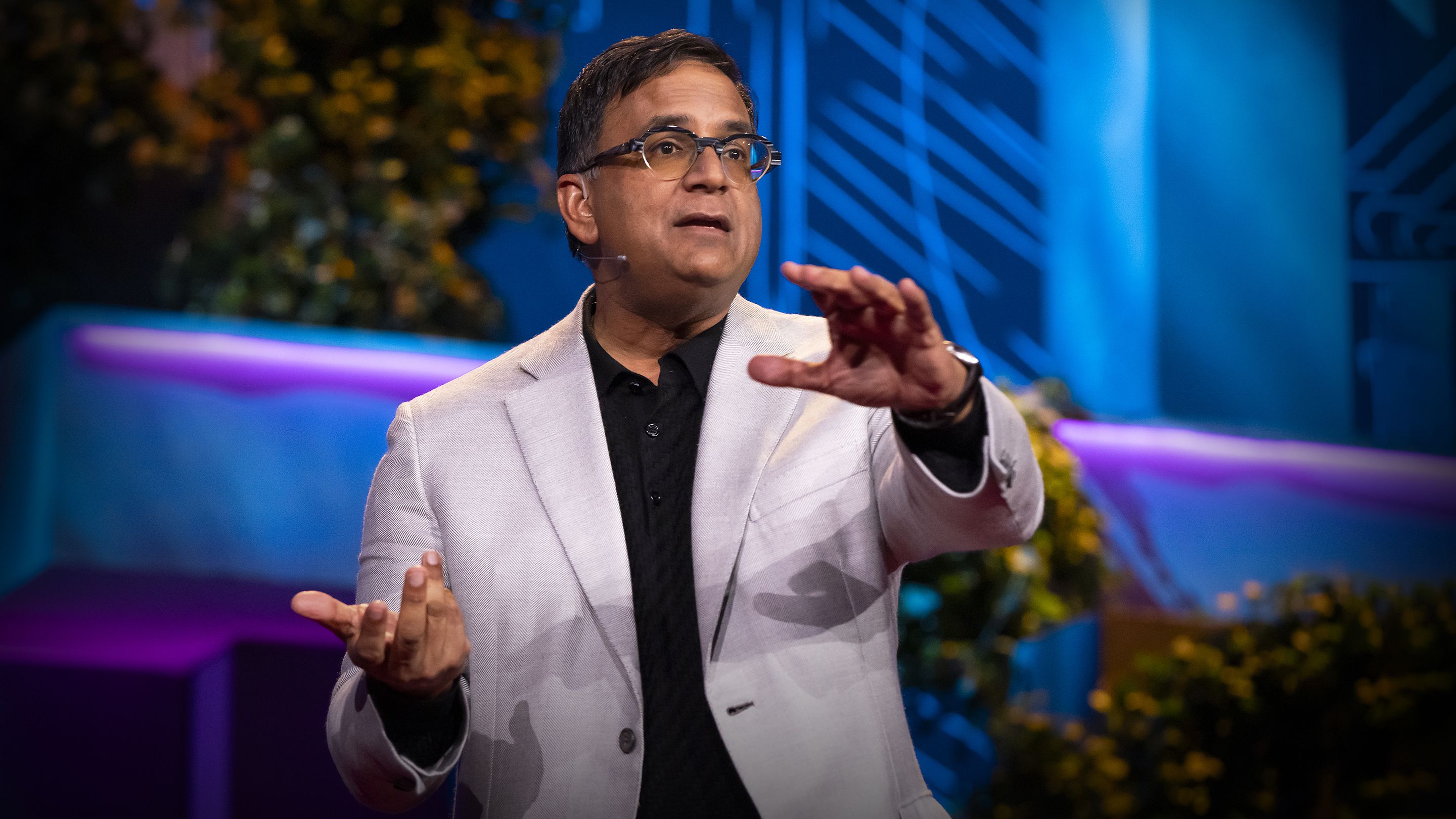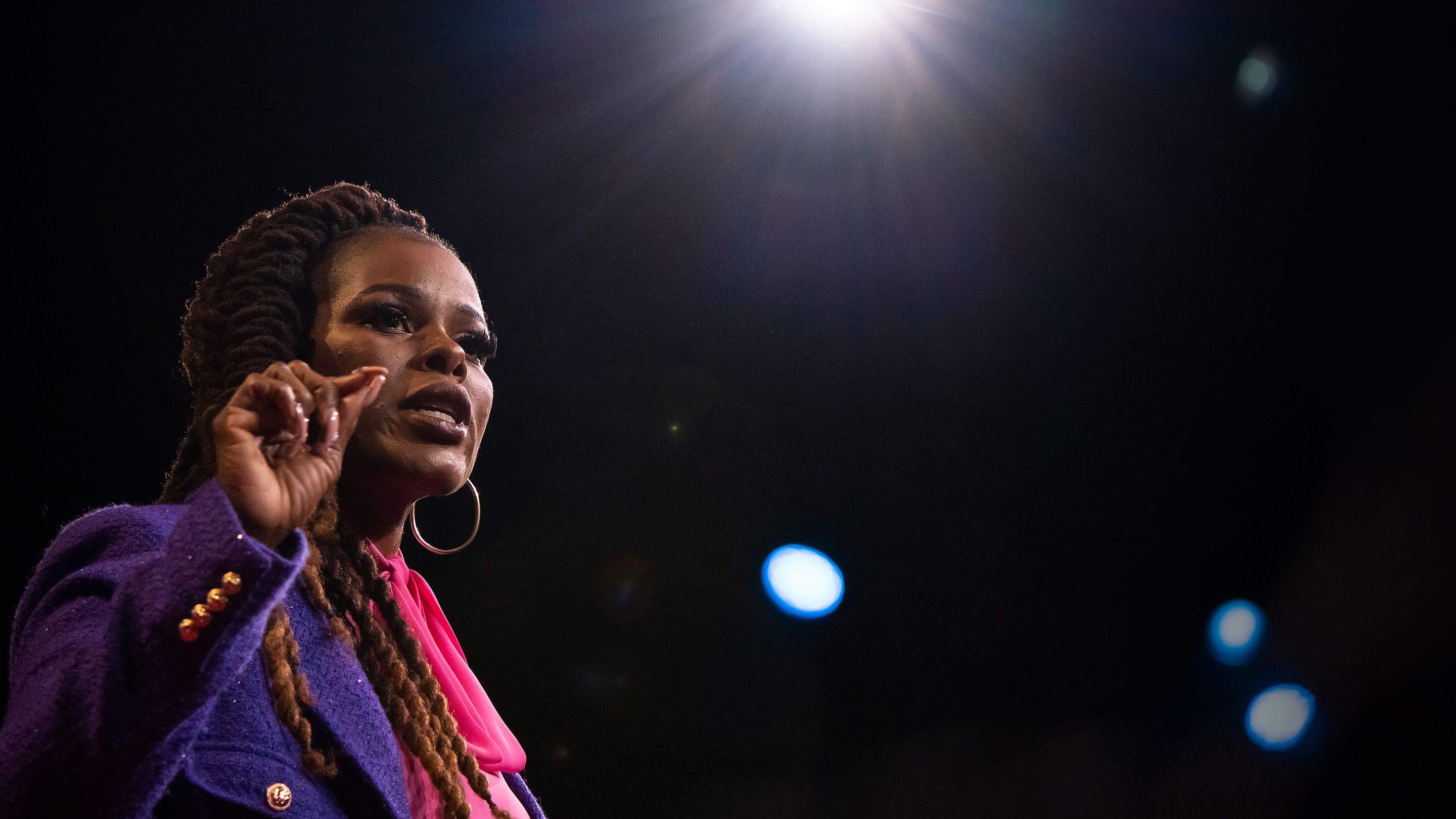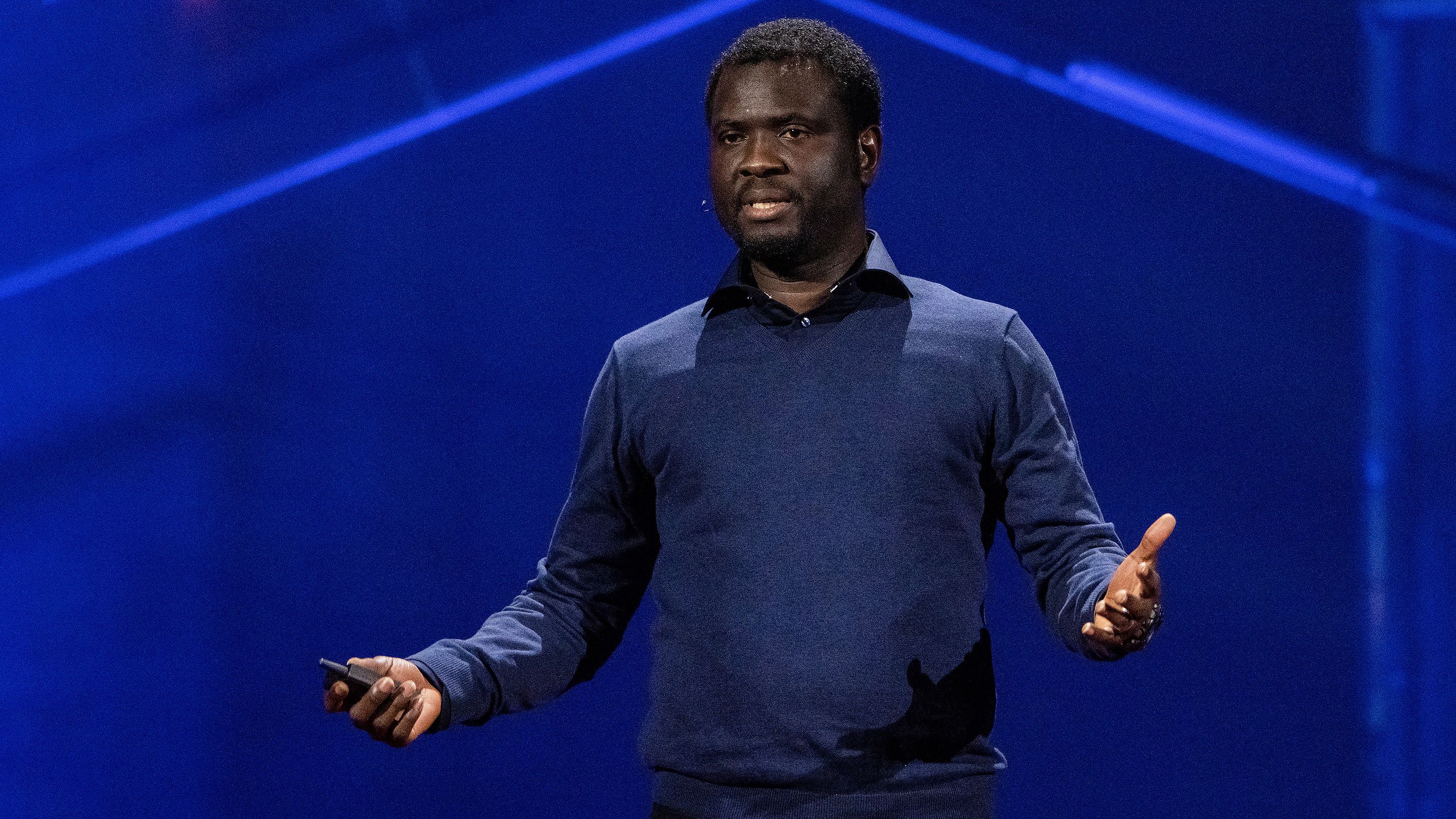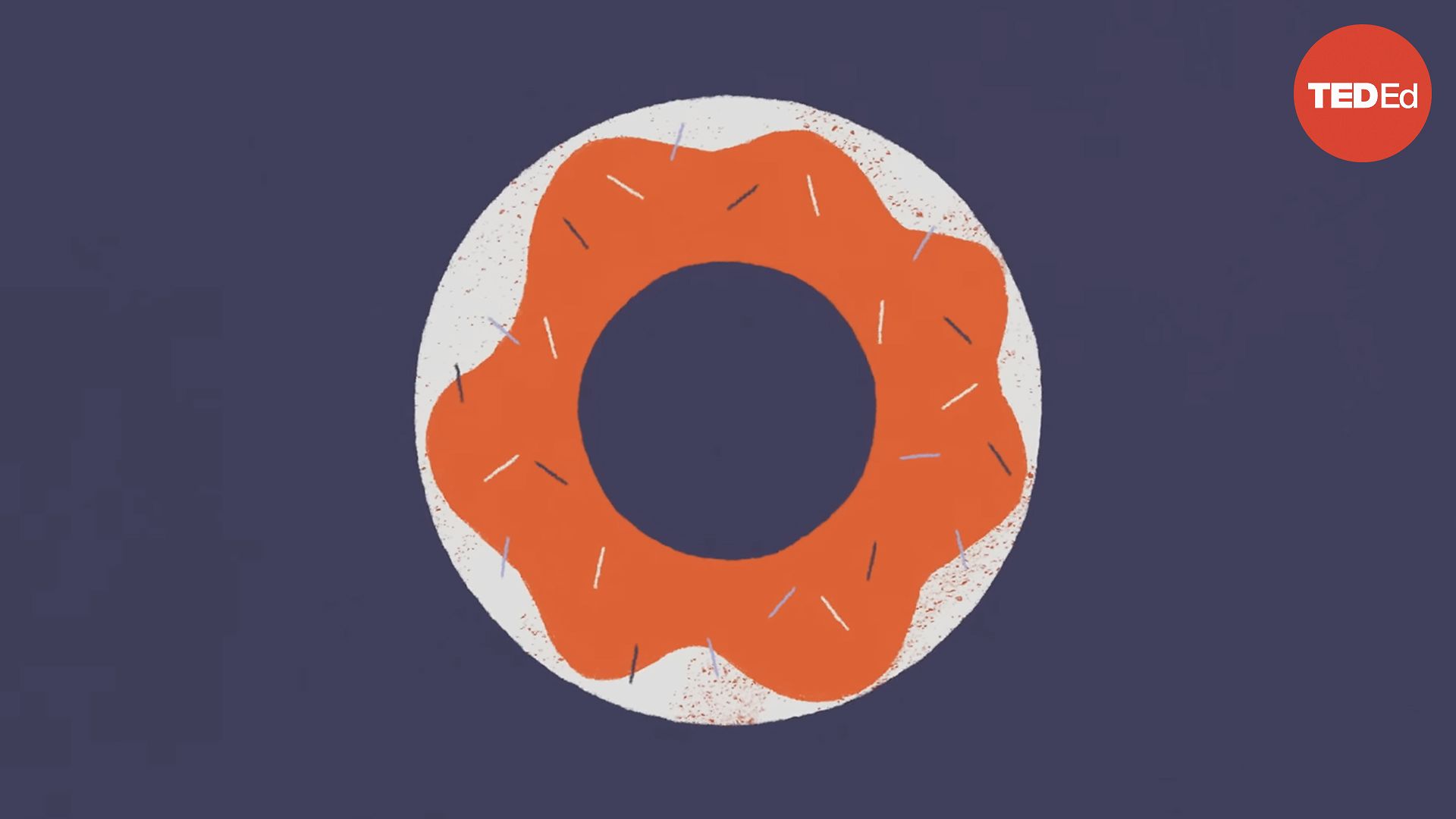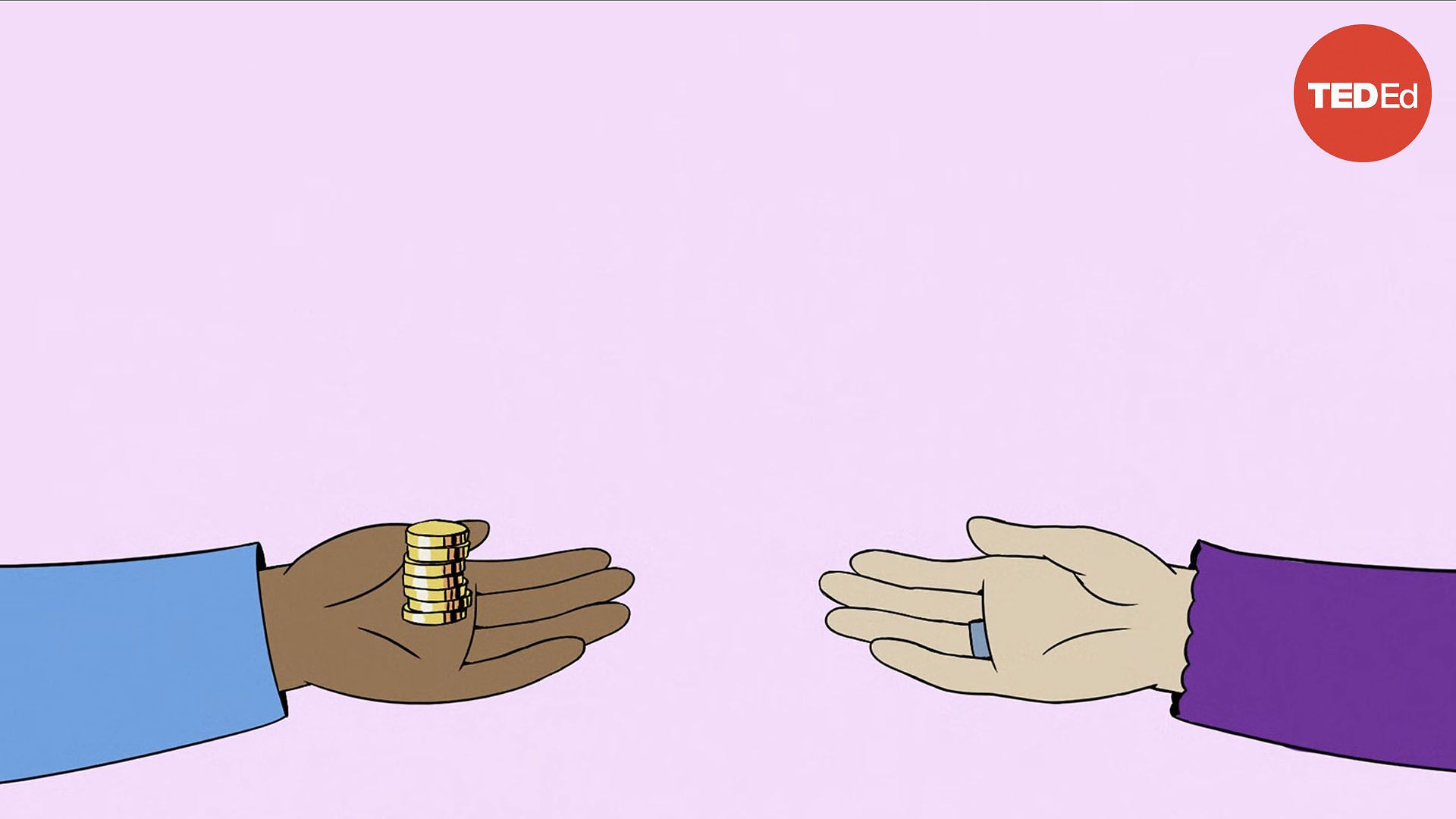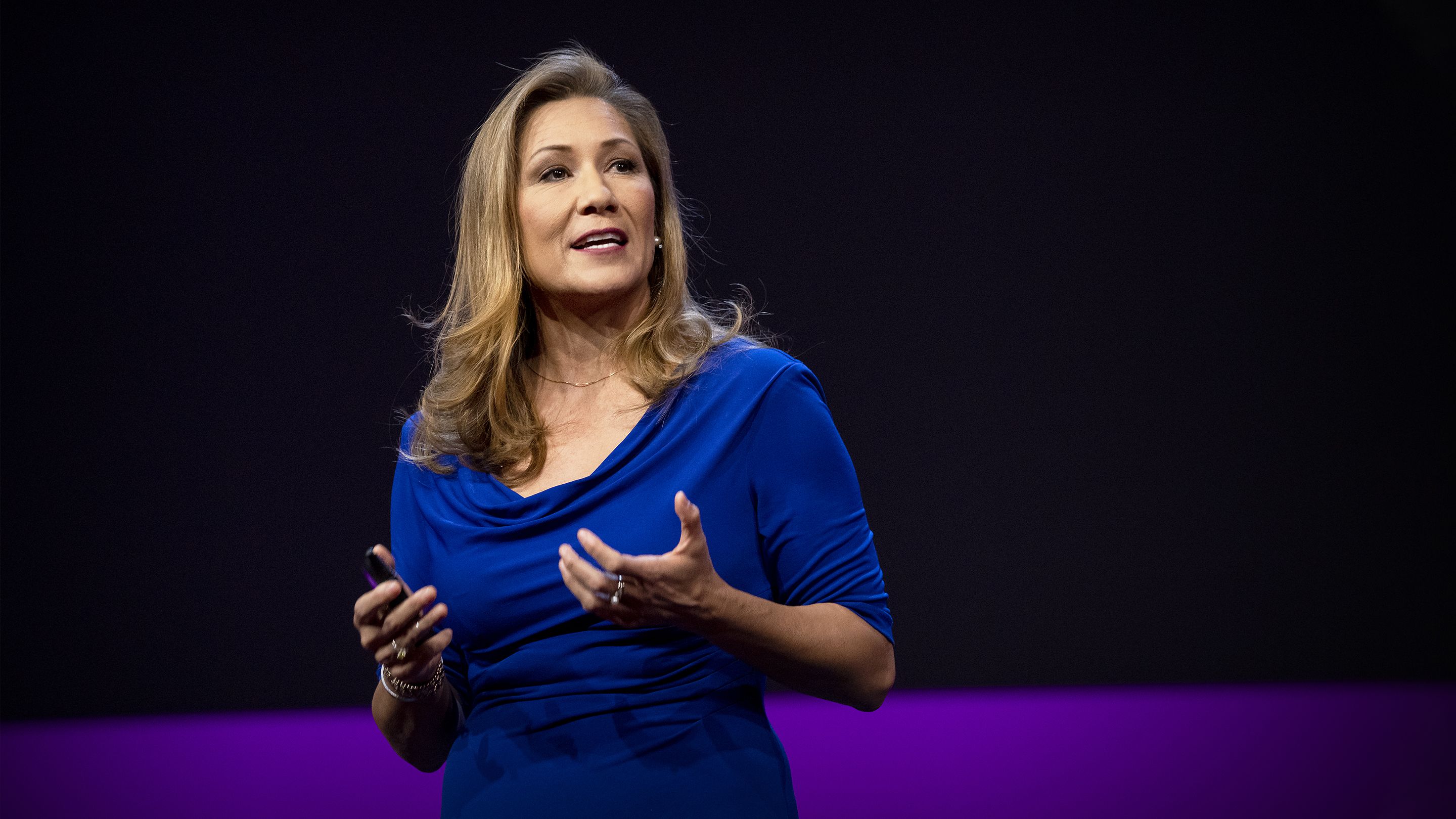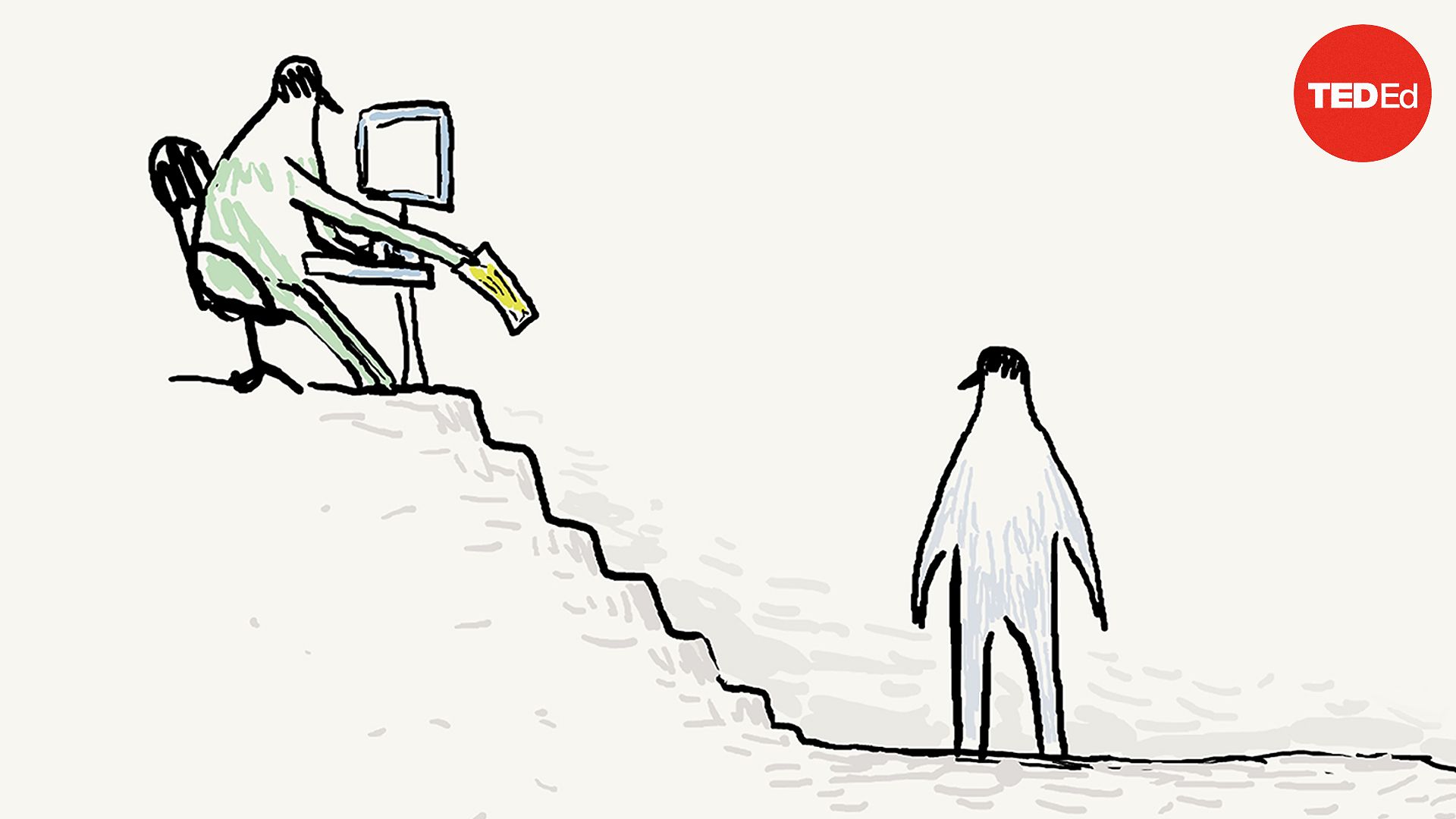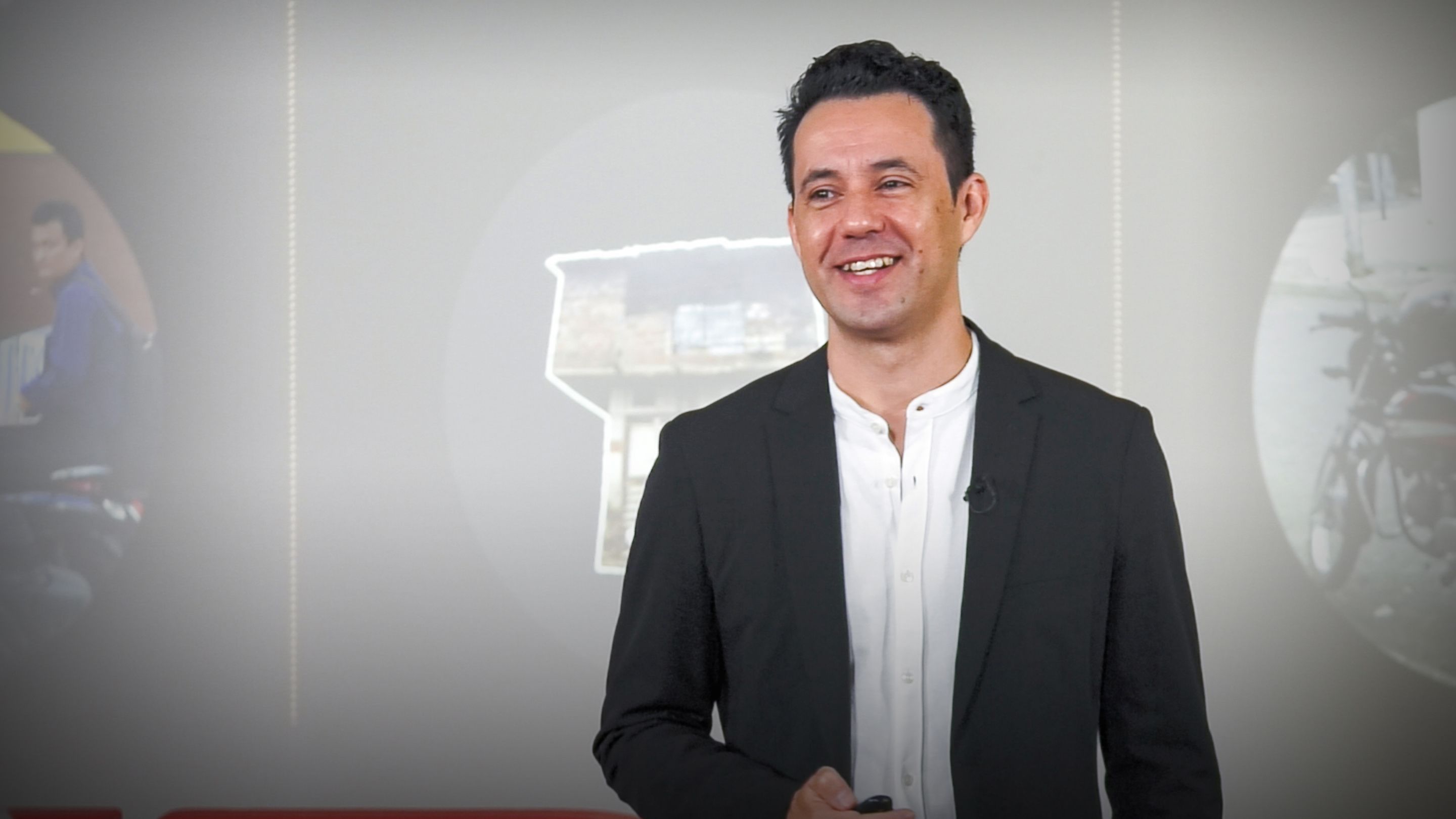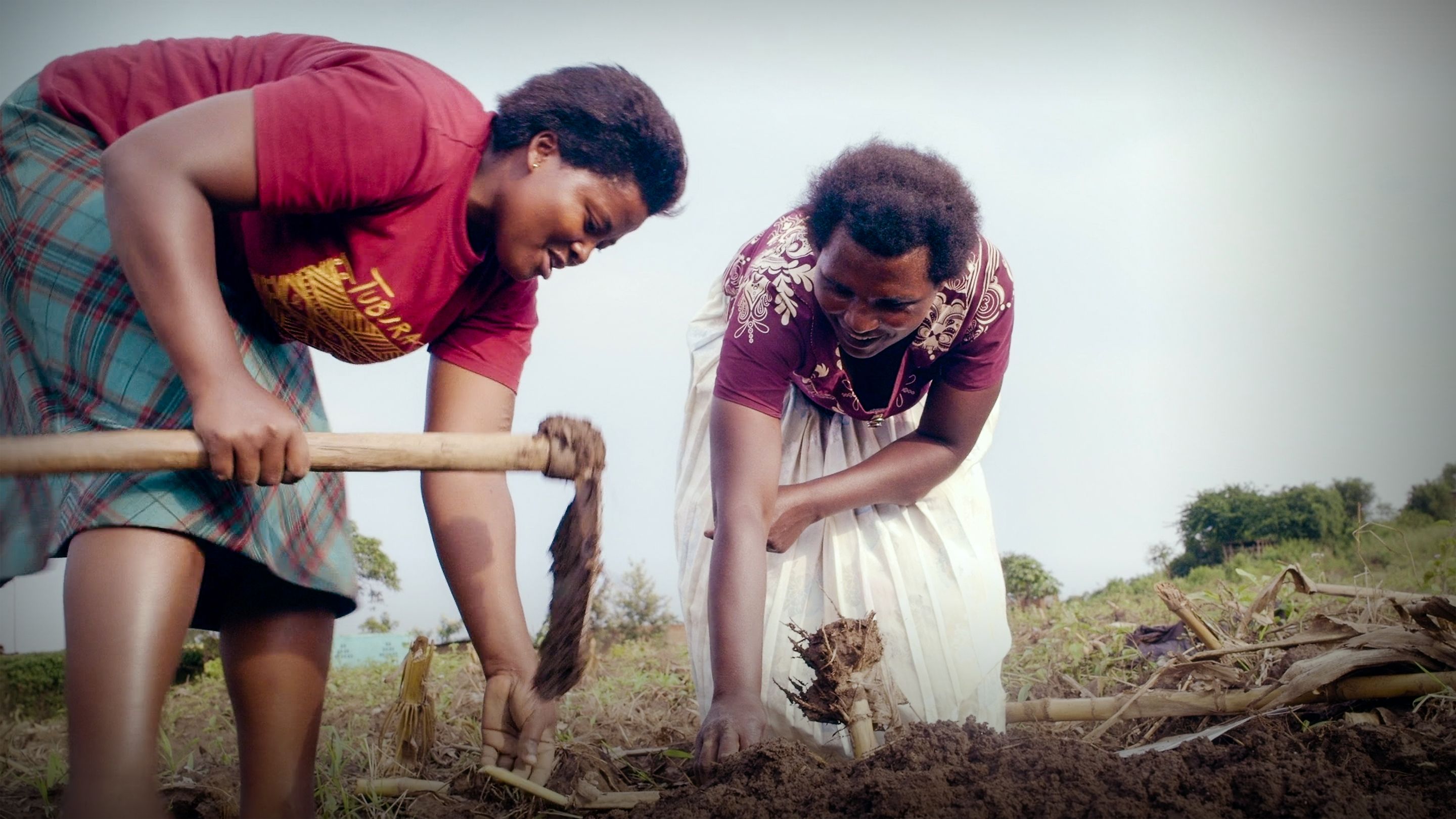Poverty
It's the challenge of our age: How do we end poverty? These TED Talks -- from economists, philanthropists, activists -- share ideas and results from around the world.
Video playlists about Poverty
Talks about Poverty
See all talks on Poverty
Exclusive articles about Poverty
Why cities rule the world
Cities are the the 21st century’s dominant form of civilization -- and they're where humanity's struggle for survival will take place. Robert Muggah and Ben Barber spell out the possibilities.
Posted May 2016
What links the top 0.1 percent and the bottom billion? Rent
The economist Sir Paul Collier has spent his career thinking about how to solve global poverty. So how are we doing? Well, not as badly as you might think. He describes the current state of the world and shares thoughts on where we might usefully focus next.
Posted Jun 2014
An approach to global aid where all are treated as equals
By Lisa Katayama In a developed country where the dialogue around human rights is very charity-minded, it’s rare to find young people with visions of engaging rural farmers in developing countries as equals. That’s why Tokyo native Doga Makiura stands out. When Doga was 13, he left his home in Japan and enrolled himself in […]
Posted Feb 2014
